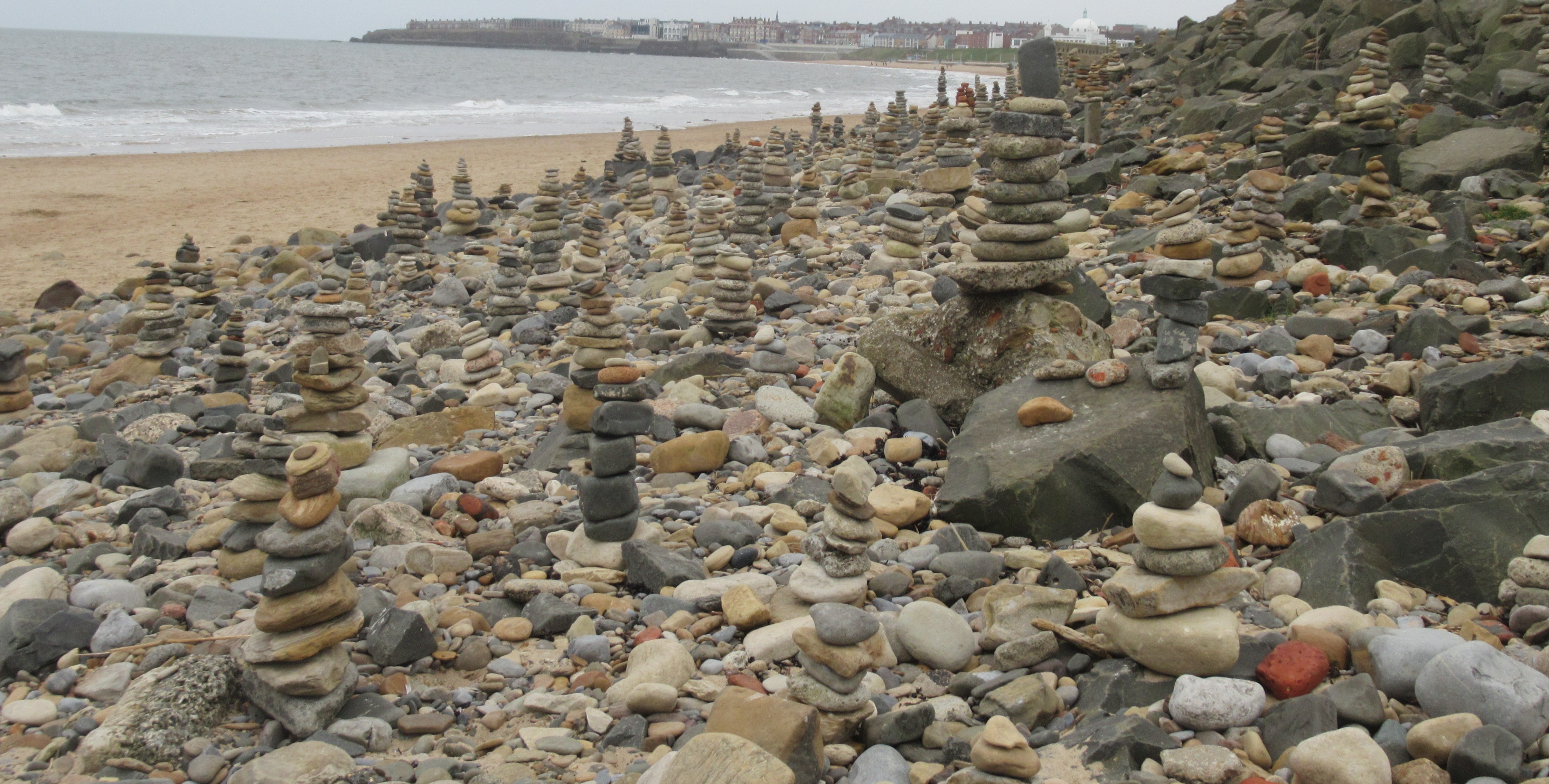
Covid 19 blog #6 when the world stops, how do we cope?
“first there’s me. Then there’s mine, then there’s trouble” -Akong Rinpoche
“how do we act when we do not get what we want, or when we do not want what we have?”-Yongey Mingyur Rinpoche
My local supermarket. I queue outside at two metres distance from the person in front of me. I wait. We are allowed in, one by one when, one by one, a person walks out. There is a sense of annoyance if it’s felt a person is taking their time to choose Yorkshire tea or another brand, “just buy it, let me in and out” says a voice behind me (or, is that, inside me?).
We are zoned in-store; two metres distance, follow the arrows in, and follow the arrows out. There is a wall of clear Perspex between us and the store cashier. Distance, distance. This is a somewhat paradoxical and completely novel idea of public solidarity: in order to unite as a community, we must remain apart as individuals; effectively it reverses all previous norms of relational engagement.
We work from home. One of us is upstairs, the other downstairs, or looking after the kids. It’s not a holiday, but it’s not really work-we don’t go anywhere. With what new words can we use to describe this? Perhaps its not really working from home, its struggling to keep working in a pandemic?
Save, stay, protect. This is not life as we know it. There’s a task at hand. But what exactly is the task? We are going to be here in this strange bunker for a while, this is not going to go away quickly.
We are on alert, it seems; at times ready to criticise or finger those around us who do not, will not, comply with the task. We are our own thought police. Save, stay, protect.
Many of us are finding it so difficult to remain productive and positive, to start something meaningful and to finish it. In his book Homo Deus Yuval Noah Harari writes of a future where there are two levels or classes. He posits one class, the useful class, who are employed-usefully-in government or A.I. sanctioned work, then another class, the useless class who have little to do. Do they create, write, play and come together, growing gardens to rival Eden in comfy suburban plots? Or does this useless class just sit around being useless, personifying the Channel 4 video directing us to “give us your arse,” that ends with an overweight male belly settling onto a sofa. Is this the task?
This is a forceful glimpse of a world without work; a task without a task. Indeed, this is the very scope of the book Daniel Susskind wrote with the same name: A World Without Work. To have no work for many us is-after the holiday is over- to have no meaning, no purpose, no use*. And that’s a bitter pill to swallow. Perhaps the truth is that in order to live without structure (a structure which for most of us has largely been imposed on us) we need to be more grown up, more mature to be able to create our own structure, even before we attempt to be post structure. How many of us have this capacity? How many of us will just “give us your arse”?
We sit and look at screens, but how can this be human connection? If we’re going to connect with people, is it done by sitting looking at the screen? Should that be The Screen? The Screen, like some dystopian film, The Screen speaks…make Orwell fiction again, please….
On the other hand, what this has given us is a once-in-a-lifetime chance to really see ourselves with the clearest of views. At no other time, ever in our lives, have we had the opportunity to see what would happen if the world simply paused. If it stopped. This is it: The Great Mindful Pause.
Here it is. This is it. Here we are-or rather, here we aren’t.
Stores are closed. Restaurants are closed. Streets are empty. The planet itself is shaking less (less traffic!). I have never experienced anything like this before in my life. I am trying to really pay attention, use my mindfulness in ways that I have never done before, without feeling devastated, depressed, and heartbroken; I am trying to notice the good, the beautiful and the true around me. I am trying to stay curious to life.
Walking along the beach yesterday, other walkers have begun to build cairns of rocks, one rock on top of the other, cairns standing 1 foot, 3 foot tall, dozens of them as if this is Northumbria’s own range of Indonesian temples, temples of stone, temples of a creative expression of a remarkable and unbroken human spirit in the strangest of times.
In his book In Love with The World Yongey Mingyur Rinpoche suggests we should acknowledge the wave but stay with the ocean, in other words keep our attention on the vaster, more meaningful view, and if we can, keep our view as vast and spacious as we can. The opposite would be contraction, reduction, compression. This, perhaps, is the task, to either stay fused to our previous lives, compressed, or develop strategies of defusion and decompression, for the world itself can feel smaller, tighter at times like this-and very scary.
Thinking about The Great Mindful Pause It reminds me of the line from William Burroughs book The Naked Lunch. What is the naked lunch? a frozen moment when everyone sees what is on the end of every fork. Sounds good, all of us open and attentive in bare awareness, but what if what you now see is so dam scary, scary because you have never ever seen this view before, because you denied this view ever existed?
When we experience change, we experience threat, and we try to hold onto what we have, or had, we refuse to let the old ways die. But die they have, and we both need to mourn and move on, or the trauma of loss could freeze in our bodies and minds. We might be better placed to let this new life in, whatever shape it might take. Perhaps we need to trust its emergence. At first this is hard, very hard: we are not in a new life but clinging to an old one, essentially in transition-as we always are. We are, in Buddhist terms, in a kind of bardo or inbetween stage.
And practically, just say, I’m going for a walk. Lift one foot forwards and walk. Keep going. Ask, do you want to walk with me? When your body moves, energy enters and energy moves; it’s one of the most important protections against trauma because trauma is a tightening in the body.
It is hard to stay with the ocean. Years ago, in my mindfulness training, I fell. At least, that was how I felt, just as if my whole personality was falling away, endlessly falling away. This was dreadful. And here I was, espousing impermanence yet clinging, grasping tightly to me, mine, myself. I called up to consult, to get help and asked what my root tutor Rob Nairn might say about this experience, what it was, what could be done about it? The reply? “Rob might say about this, “excellent””. Keep going, walk.
You see, to pursue the metaphor more, my view was of the specifics of each tiny wave, crashing on the sandy floor, lost. Months later, I realised that I had got it all the wrong way round. In truth I am of the ocean, we are of the ocean; waves are what we must learn to let go of; as Mingyur Rinpoche writes “these waves are essentially empty”.
Walk with me; acknowledge the wave, but stay with the ocean.
*of course, there are many working in ICUs who have more work than they can rightfully manage. How are we to resolve this polarity?

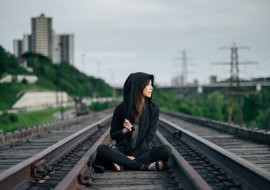
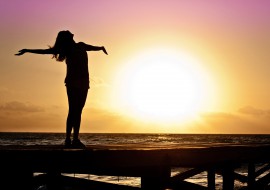
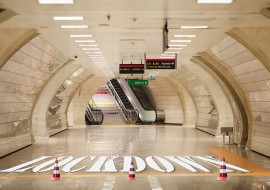
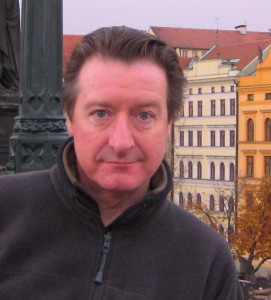
Write a Comment